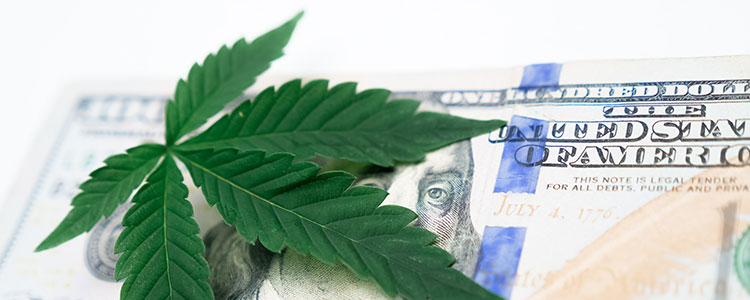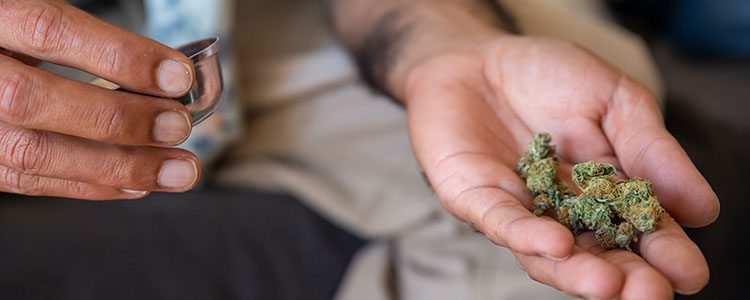Cannabis taxes can be confusing to newcomers and veterans alike. Without federal rules, state tax codes – and how they apply to medical cannabis patients – vary widely.
Overall, there are three cannabis tax types that states may impose:
- Price of product (similar to a general sales tax)
- Excise taxes on the weight of raw cannabis
- Potency taxes
Each state has set its own parameters, with most applying sales and excise taxes. Potency taxes aren't as ordinary but do exist in a limited number of states. As such, the cost of products can vary depending on your jurisdiction.
Multiple states have introduced potency taxes on cannabis sales. So what does that mean for you? Keep scrolling to learn more about cannabis potency taxes and how they may apply in your state.
What is a Cannabis Potency Tax?

If you find yourself confused by complex cannabis taxes, consider the alcohol industry taxes as a comparison. Spirits are typically taxed at a much higher rate than beer or wine due to their higher alcohol content.
A cannabis potency tax is applied in one of two ways:
- Taxed based on the THC percentage in a cannabis product
- Taxed based on the milligrams of THC in a cannabis product
States That Use a Cannabis Potency Tax
Three states currently impose potency taxes:
Below is an overview of each state's cannabis potency tax code:
Connecticut
Connecticut taxes cannabis by its total THC content per milligram. Products are subject to the following:
- Flower: 0.625 cents per milligram of THC
- Edibles: 2.75 cents per milligram of THC
- Other Products: 0.9 cents per milligram of THC
Illinois
Illinois' cannabis tax code is based on percent of THC content. Products are subject to the following:
- Products containing 35% or less THC: 10% tax on the retail list price
- Products containing more than 35% THC: 25% tax on the retail list price
- Edibles: 20% of the retail list price
New York
Like Connecticut, the New York cannabis tax code uses total THC per milligram as its metric. Products are subject to the following:
- Flower: 0.5 cents per milligram of THC
- Concentrates: 0.8 cents per milligram of THC
- Edibles: 3.0 cents per milligram of THC
Do Any States Charge a Medical Marijuana Tax?
Medical marijuana patients are often exempt from most excise and potency taxes. In the three states with cannabis potency taxes, medical patients are exempt from the potency tax, and instead are subject to the following:
- New York imposes a 7% tax on medical cannabis. A call to abolish the charge exists, but nothing has come about at this time.
- Illinois' medical cannabis is subject to a 1% retailer occupation tax rate. Patients often won't have to pay local retail tax.
- Connecticut does not impose a retail tax on medical products.
Potential Problems with THC-Potency-Based Cannabis Tax

Potency taxes may seem well-intentioned, but experienced consumers know the narrow focus on THC fails to account for how cannabis really works. In reality, a proper potency tax would have to account for the myriad of unique compounds – like CBD, myrcene, THCV, CBG and more – that are found in different cultivars and play a role in the entourage effect.
While potency taxes may concern some adult use consumers, medical patients are expected to remain primarily shielded from the bill. Still, lawmakers are proposing misguided and potentially harmful laws that could damage the industry, limit the availability of high potency cannabis in some areas, and send prices for certain products soaring.
To learn more about state-by-state cannabis taxes, laws and regulations, visit the NuggMD Learning Center.
The information in this article and any included images or charts are for educational purposes only. This information is neither a substitute for, nor does it replace, professional legal advice or medical advice, diagnosis, or treatment. If you have any concerns or questions about laws, regulations, or your health, you should always consult with an attorney, physician or other licensed professional.




